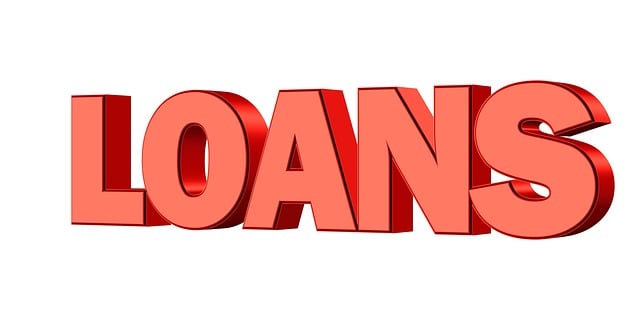Unemployment hits self-employed and variable income earners hard, causing financial strain and psychological stress that can lead to poor decisions. Debt Consolidation Loans for the Self Employed offer a solution by combining multiple loans into one with better terms, easing repayment, freeing cash flow, supporting business growth, and providing stability during economic uncertainties.
Unemployment can be a financially devastating experience, often leading to a pileup of debts and bills. In such challenging times, understanding and leveraging tools like debt consolidation can offer much-needed relief. This article guides you through the intricate relationship between unemployment and debt consolidation, focusing on personal loans for the self-employed. We explore strategies to manage multiple loans, effective bill management techniques, and inspiring case studies of successful debt consolidations among the self-employed. Learn how debt consolidation loans can be a lifeline during periods of financial instability.
- Understanding Unemployment and Its Impact on Financial Health
- The Role of Debt Consolidation in Managing Multiple Loans
Understanding Unemployment and Its Impact on Financial Health
Unemployment can have a profound impact on an individual’s financial health, especially for those who rely on self-employment or variable income streams. When job loss occurs, immediate financial strain sets in, often leading to a cascade of challenges. Delve into the world of Debt Consolidation Loans for the Self-Employed as a potential solution to navigate this turbulent period.
The financial consequences of unemployment are multifaceted. Firstly, regular income disappears, making it difficult to meet essential expenses and repay existing debts. This can result in delinquencies on loans, credit cards, and bills, further damaging credit scores and increasing interest rates. Additionally, the psychological impact cannot be overlooked; job loss often triggers stress, anxiety, and a sense of insecurity, which may lead to poor financial decisions. Thus, understanding the interplay between unemployment and financial health is crucial in identifying strategies like debt consolidation as a means of recovery and stability.
The Role of Debt Consolidation in Managing Multiple Loans
For individuals, especially the self-employed, juggling multiple loans can be a complex and stressful task. With varying repayment terms, interest rates, and balances, managing each loan individually becomes a cumbersome process. This is where debt consolidation steps in as a powerful tool for financial relief. By combining all these debts into a single loan with a consolidated lender, debtors can simplify their finances significantly.
Debt consolidation loans for the self-employed offer several benefits tailored to their unique circumstances. These loans often provide longer repayment periods, resulting in reduced monthly payments and lower interest rates compared to individual loans. This change can free up cash flow, allowing entrepreneurs to focus on business growth or other financial priorities. Additionally, debt consolidation can simplify tax implications and make financial management more straightforward, which is especially beneficial during unpredictable economic times.
Unemployment can significantly strain financial health, but understanding its impact and leveraging tools like debt consolidation loans for the self-employed can offer a path to stability. By consolidating multiple loans into one manageable payment, individuals can simplify their finances, reduce stress, and regain control over their money. This approach allows them to focus on rebuilding their financial future with greater clarity and peace of mind.
